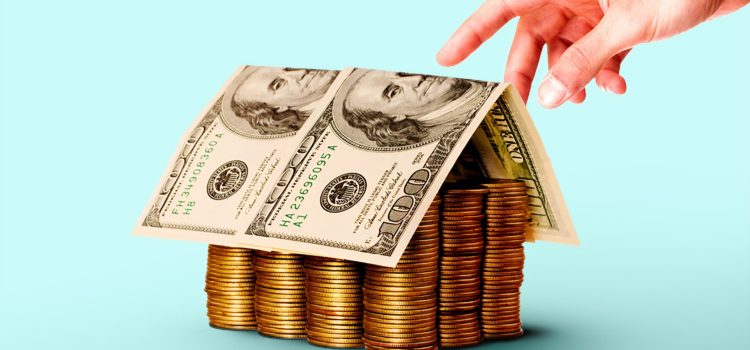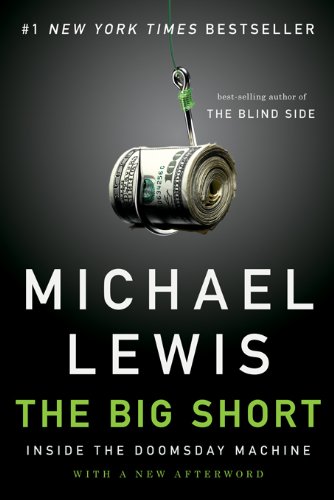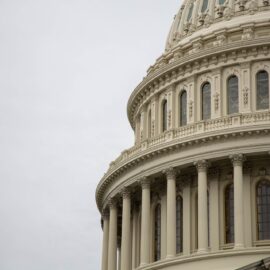

This article is an excerpt from the Shortform summary of "The Big Short" by Michael Lewis. Shortform has the world's best summaries of books you should be reading.
Like this article? Sign up for a free trial here .
Are you looking for exercises and discussion questions for The Big Short? How can you apply the lessons in the book to your own life?
The Big Short by Michael Lewis explores the origins of and fallout from the 2007-2008 financial crisis through the eyes of a handful of eccentric and oddball investors who saw that the U.S. housing market—and, by extension, the entire financial system—was built on a foundation of sand.
Continue reading for The Big Short discussion questions and exercises.
The Big Short Discussion Questions
The Big Short: Inside the Doomsday Machine takes us inside the madness, corruption, and greed at the heart of the 2007-2008 financial crisis. It tells the story of an eccentric collection of investors who saw the folly of the subprime mortgage-backed securities market—and found a way to bet against it. By focusing on individuals who saw these worthless securities for what they truly were, The Big Short explores the complexities and irrationalities of modern capitalism and forces us to seriously question the wisdom (and motivations) of the financial elites who wield so much power over our economy, society, and politics.
Here are some The Big Short discussion questions to consider as you read the book.
Questioning Conventional Wisdom
Think about how wrong popular opinion can be.
- Like the investors we’ve met, have you ever been convinced that the conventional wisdom on some topic was wrong? Describe the situation in a few sentences.
- Have you ever made poor decisions because something was too complex for you to understand? Elaborate on what happened in a few sentences.
- How can you avoid being lured into making decisions like this in the future?
Examining Greed
Think about how greed and short-sightedness drive bad decisions.
- Can you think of an incident from your personal experience in which greed led to a bad decision? Describe the event.
- Why do you think the individuals, in this case, chose to place short-term greed over long-term strategy?
- What incentives did they have?
Parsing Pessimism
Examine why skeptics and cynics turned out to be the big winners in the financial crisis.
- Why were Eisman and the Cornwall Capital team so cynical about the financial system and CDOs specifically?
- Explain, in a few sentences, why that cynicism proved to be so useful in predicting the housing crisis.
- Is there something about which you’re pessimistic or cynical, but that most people are positive and hopeful? Describe what this is and why you feel so differently.
Long View of The Big Short
Explore the main takeaways from The Big Short.
- Why do you think the eccentric clique of investors we’ve followed pursued such a different strategy and had such a unique view of the financial system?
- Why do you think so many Americans were willing to take out loans they couldn’t afford and didn’t understand?
- How do you think financial crises like the one in 2008 could be prevented in the future?
———End of Preview———

Like what you just read? Read the rest of the world's best summary of "The Big Short" at Shortform . Learn the book's critical concepts in 20 minutes or less .
Here's what you'll find in our full The Big Short summary :
- How the world's biggest banks contributed to the 2008 financial crisis, greedily and stupidly
- How a group of contrarian traders foresaw the bubble popping, and made millions from their bets
- What we learned from the 2008 crisis - if anything






